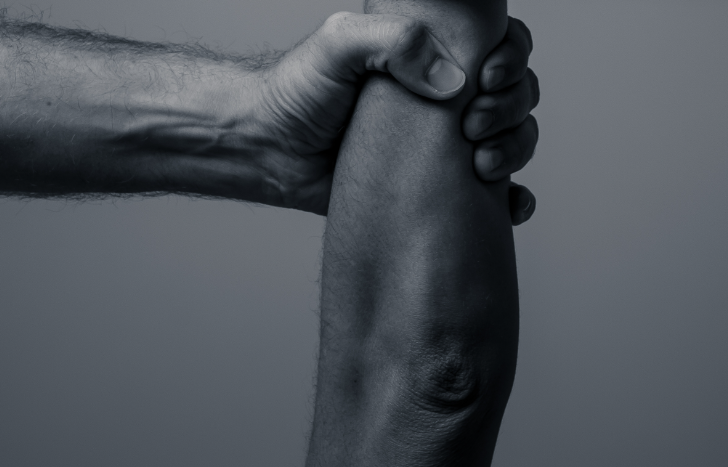EDITOR’S CORNER
Recently, I had the privilege of speaking with Diane Dimond, author of a new and devastating book, We’re Here To Help: When Guardianship Goes Wrong. It was an extraordinary conversation (listen or read here) about her extraordinary work, built on heaps of research and interviews with individuals harmed by the system. That includes both those shackled by abusive guardianships and the family members who advocated on their behalf—but too often watched, helpless, as those in charge controlled wards’ lives and routinely sapped their money. Often the guardians are professionals. Often they have an “in” with a judge. Often that means that no one can challenge decisions that are made, often in secret. 
All of this inspires so many urgent and necessary questions. Among them: Why are those in the care of guardians and conservators treated as less-than? Why aren’t their human and civil rights acknowledged? Why don’t courts and law enforcement intervene in cases of clear and outrageous malfeasance? Why, when someone is tagged as incapacitated, even temporarily, does that mean they lose so many basic, bedrock freedoms—to vote, to marry, to have a baby, to access their own money, to make their own decisions—that are celebrated and protected for everyone else?
As those who follow Mad in America know two well, it’s the label that does it. That’s its toxic power. We learn too often of the impact on people who get slapped with psychiatric disorders, forced into treatment, and stop being heard; the same goes for the loved ones supporting them. The endless urge to classify yields a pernicious hierarchical sorting that determines which voices count (doctors, lawyers, guardians, judges) and which don’t (patients, wards, family members).
In her book, Diamond gives one example after another of people muted, impoverished, and crushed by guardians without any recognition of their most basic rights. For many Americans, the issue only pierced their consciousness with Britney Spears, whose saga the author touches on. She also discusses the good guardians out there: the truly loving and responsible family members who step in and care for a relative in need.
But the focus of the interview and the book are the gut-wrenching and far-too-common cases of individuals dehumanized and harmed, even killed. The result is a riveting read, but never an easy one. The necessity for reform screams from its pages, speaking out for those who couldn’t and can’t.
The hierarchy should flip. The needs and rights of those at the bottom should be placed at the top. People in profound distress, whether physical, mental, or cognitive, should be treated as whole human beings and citizens deserving of recognition and legal protection. As I said to Dimond in our talk, all of this should be obvious. The fact that it isn’t points to immense problems within the prevailing systems, and within our culture at large.
If you have any thoughts about all of this—including stories of your own, or your loved ones, to tell—please, as ever, feel free to reach out to me directly. I know I’ve said this many times in the past, and I’ll say it many times in the future: More voices need to be heard.
—Amy Biancolli, Family Editor
***
More from Mad in the Family
More Editor’s Corners











